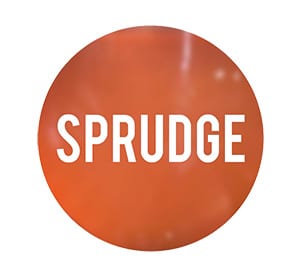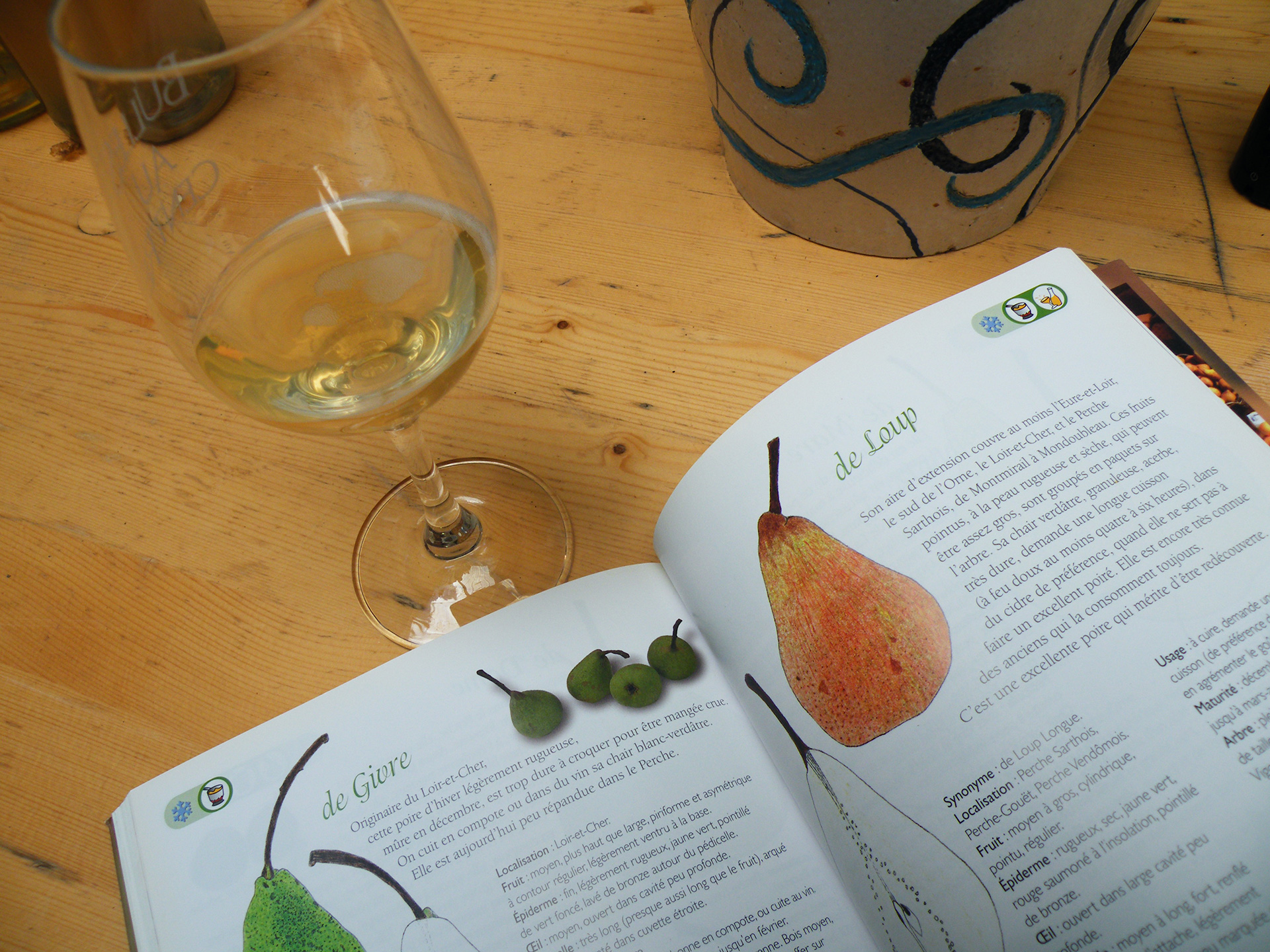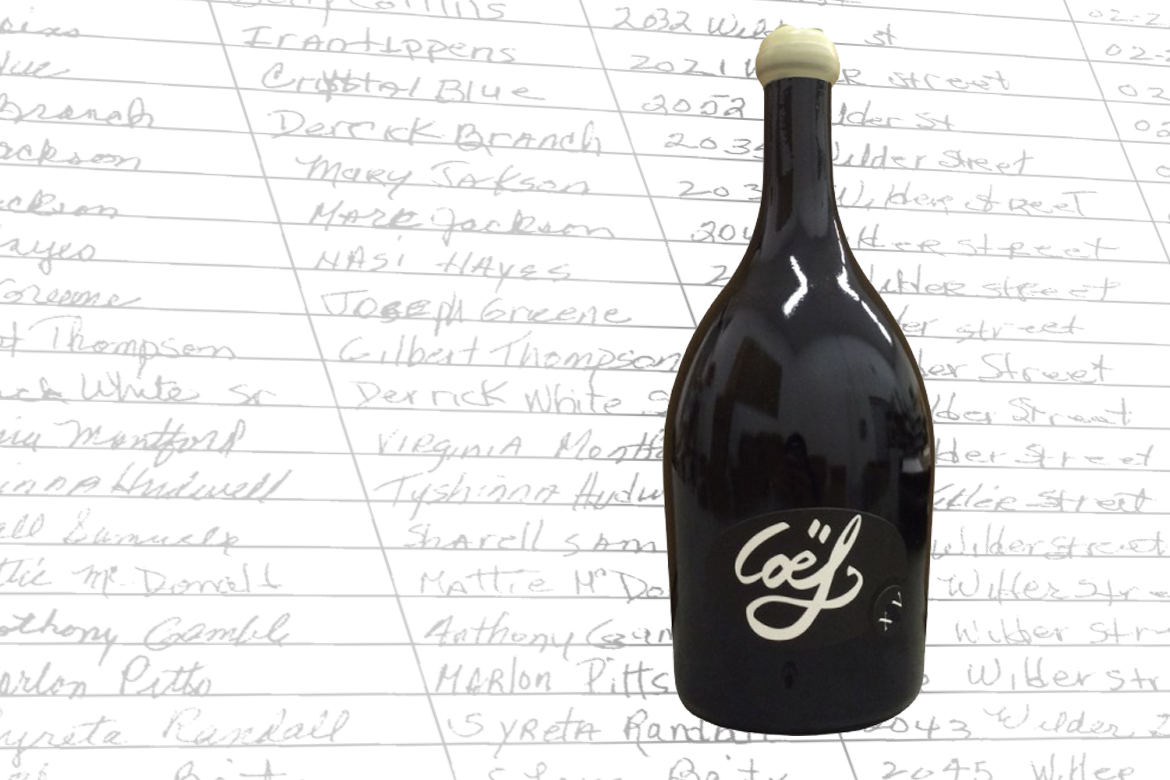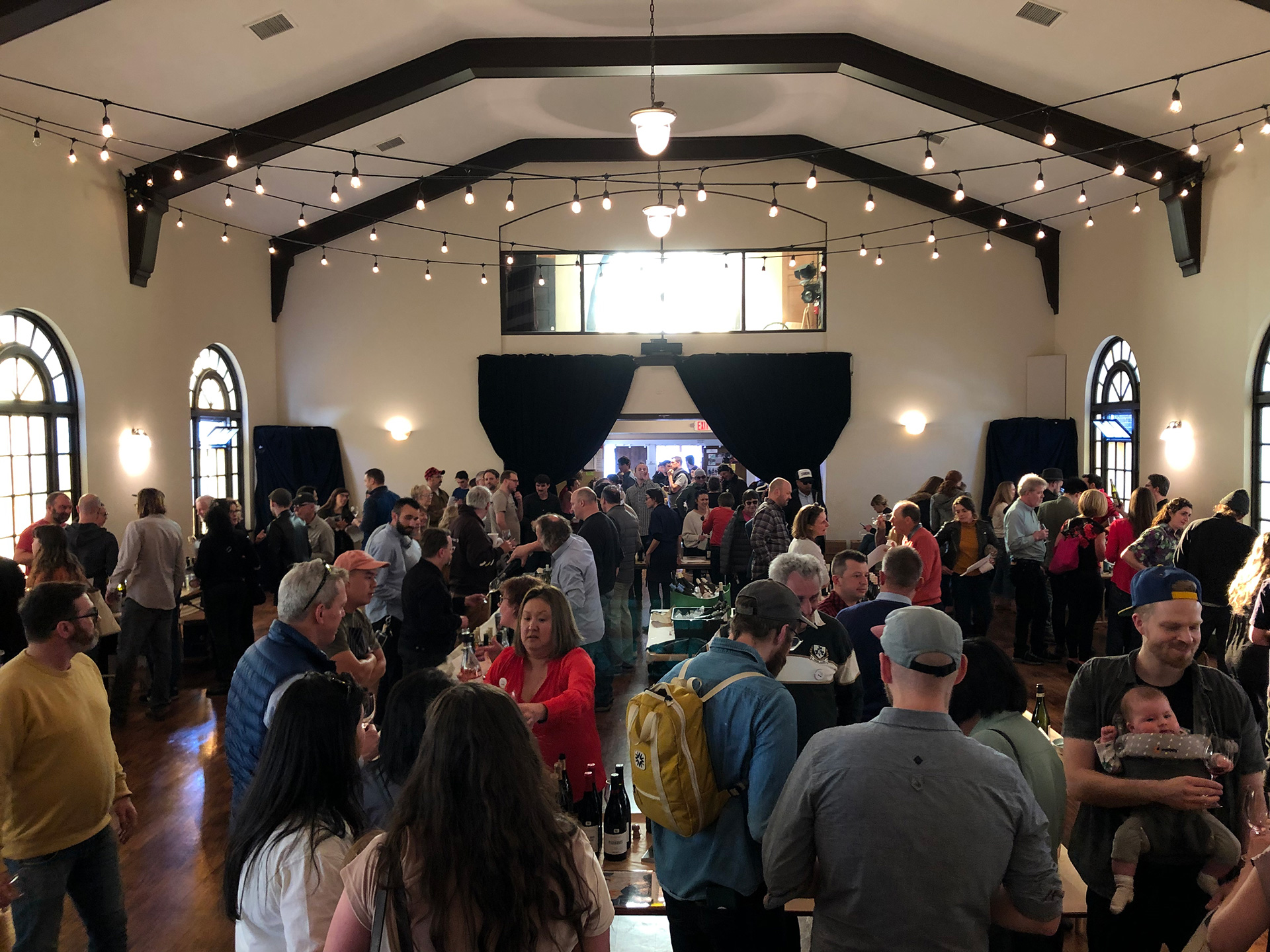
Every year, for four days, a cold, wet region in central France becomes the center of the wine world—or at least the natural wine world. The most well-known of the salons de Loire, as the annual marathon tastings in the Loire Valley are called, and the most romantic in terms of setting, is La Dive Bouteille—affectionately known as, simply, La Dive—which takes place in the dramatically low-lit Ackerman Caves of Saumur, originally built in the 19th century to age sparkling wine.
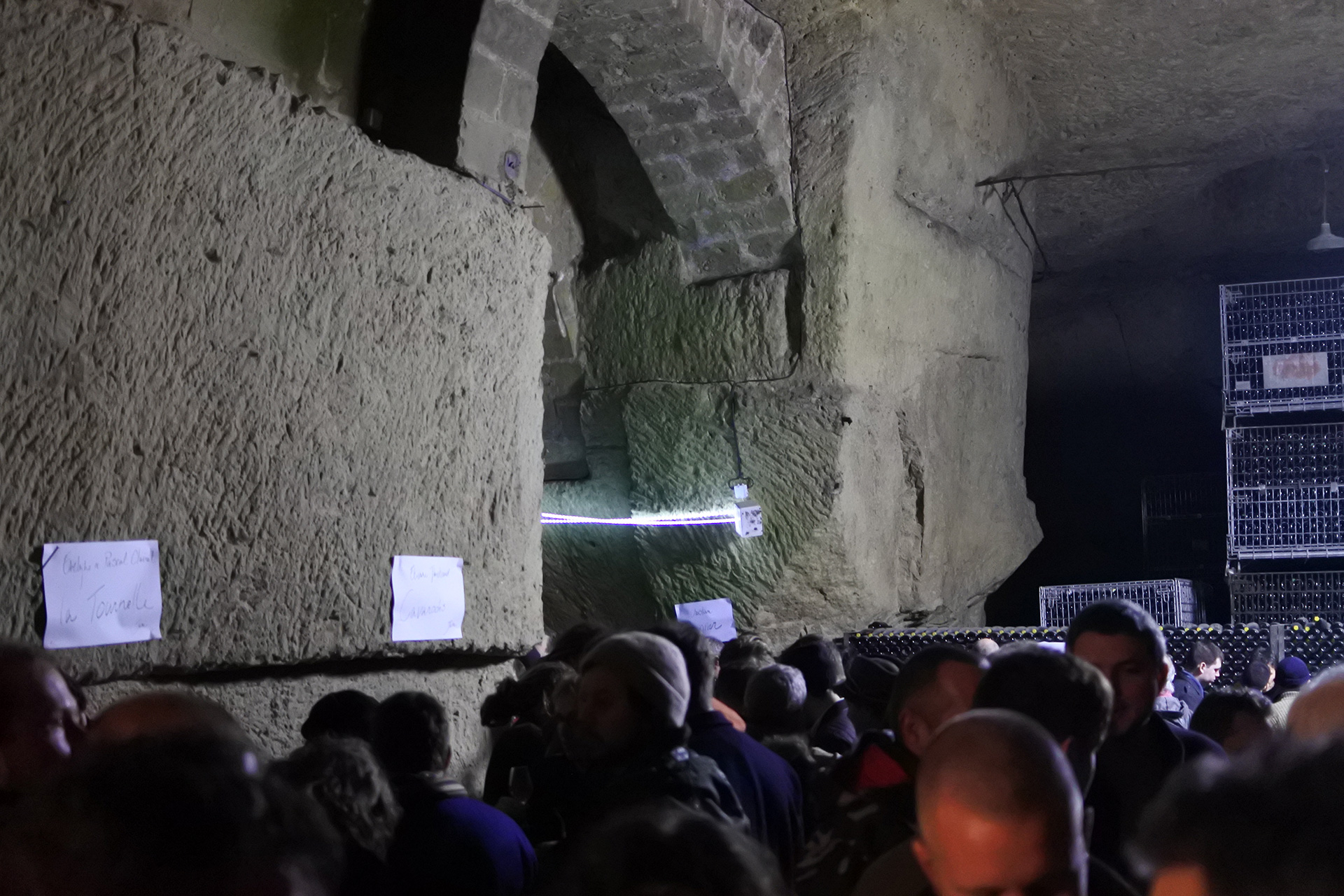
Any visitor to La Dive would also have the chance to attend three other wine fairs taking place, just an hour away in the city of Angers—Les Pénitentes, Les Anonymes, and Salon St-Jean. But it all began with La Dive, which debuted in 1999 and originally featured only a handful of Loire Valley natural winemakers. So if you’re going to make a pilgrimage to one of these tastings, have it be La Dive—it’s the least crowded, in my experience, and has an excellent provider of wild oysters that will cure any hangover you might arrive with.
La Dive is a public tasting for anyone who wants to come—and anyone who can withstand being chilly, tired, and on your feet for hours on end. It’s worth it; having expanded beyond the Loire to the wines of greater France some years ago, today La Dive features winemakers from around Europe and the Southern Hemisphere, as well as small-batch spirits and even a vinegar producer. Under the vision of organizer Sylvie Augereau, there’s so much to appreciate and learn during these two days, especially if you have some French under your belt to ask questions. As you taste through some of the world’s best winemakers, keep in mind that much of what’s tasted at this event are tank and barrel samples—you’ll have to imagine how those wines will develop with time.
Here are some of my personal highlights from this year’s Dive, in no particular order, plus some standouts from the other salons in Saumur.
Arianna Occhipinti
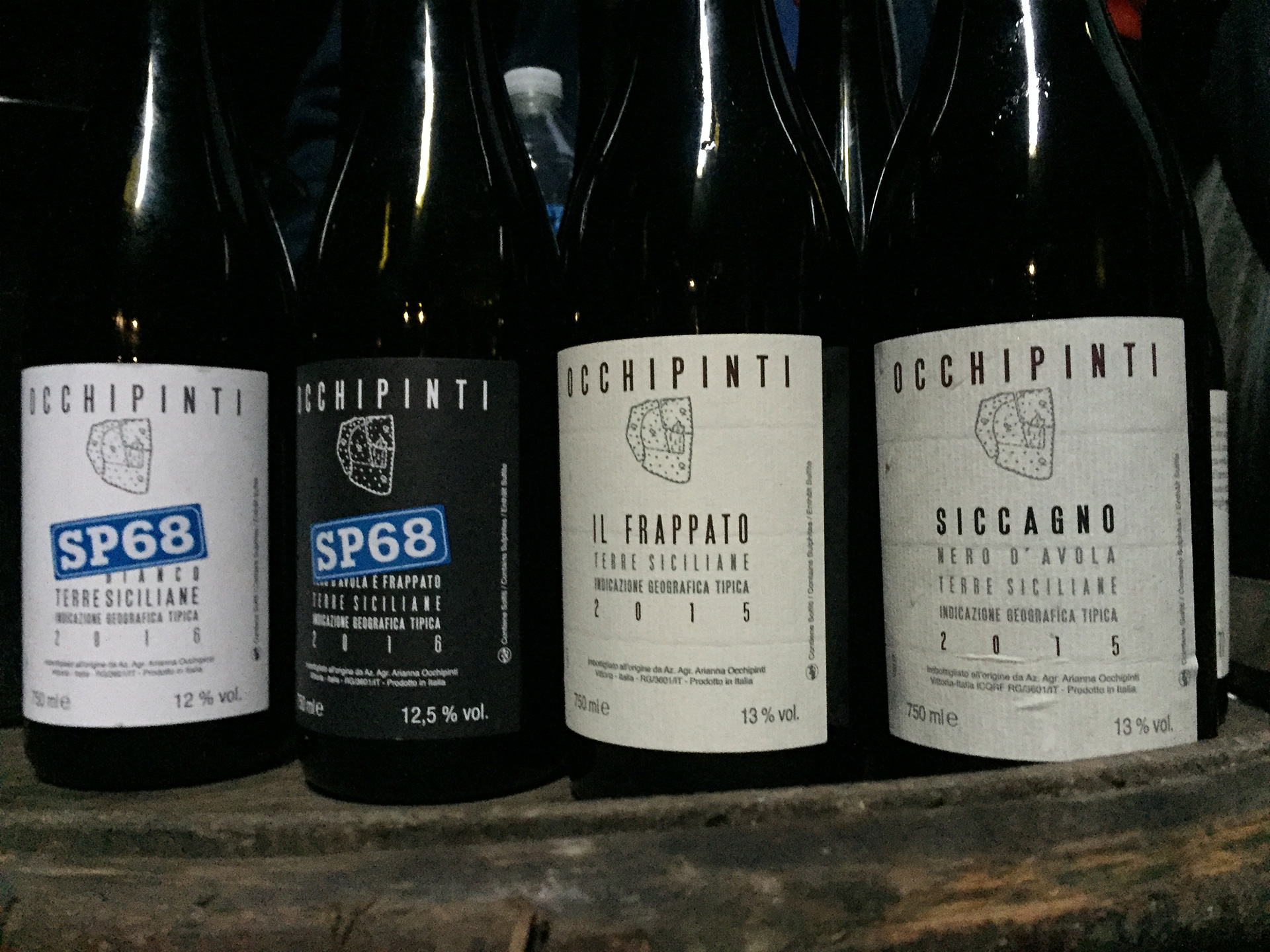
The star of Sicily, Arianna Occhipinti made her first splash on the natural wine scene before turning 25, and her wines are only getting better. I can report—after tasting through a full range of her wines—that Occhipinti’s bottlings are still reflective of the sunny and warm place they come from, with acidity to lift them on your palate. From the base wines, known as SP68 Bianco and Rosso, to the passito-style dessert wine, I liked everything I tasted, but I was particularly impressed by the 2013 “Grosse Alte,” her take on the local blend known as “Cerasuolo di Vittoria”—this one is a selection of older vines, with 50 percent Nero d’Avola and 50 percent Frappato (both red grapes). Based on the blend, it probably could technically qualify as DOCG Cerasuolo, but Occhipinti likes to do things her own way without worrying about appellations. With four years in large barrels, the wine’s tannins are chewy and strong, but there’s great minerality there too. It’s a wine that will satisfy your thirst for something big and bold, but with a volcanic complexity and sun-drenched taste of place that could only come from Sicily.
Milan Nestarec
The twenty-something wonder boy from the Czech Republic made his Dive debut this year, and I was very glad to be able to finally get the scoop on these wines, which I drink in bars and restaurants pretty much every chance I get. Milan Nestarec was showing his 2015 single-variety wines—the ones that have “Nestarec” written in stylish font across the label, and funny names like “GinTonic” (Sauvignon Blanc) and “Love Me Hate Me” (Gewurtz). Please, go out and find these. They are really fun to drink but also quite serious wines; each one is made with a certain percentage of skin contact to lend texture and personality to the juice. My favorite was the Pinot Gris, fermented on the skins in an open vat with punchdowns every day, sporting a beautiful dark pink hue with plenty of cloudiness from the lees. The wine tastes like tart prunes and overripe apricots.
Domaine Georges Laval
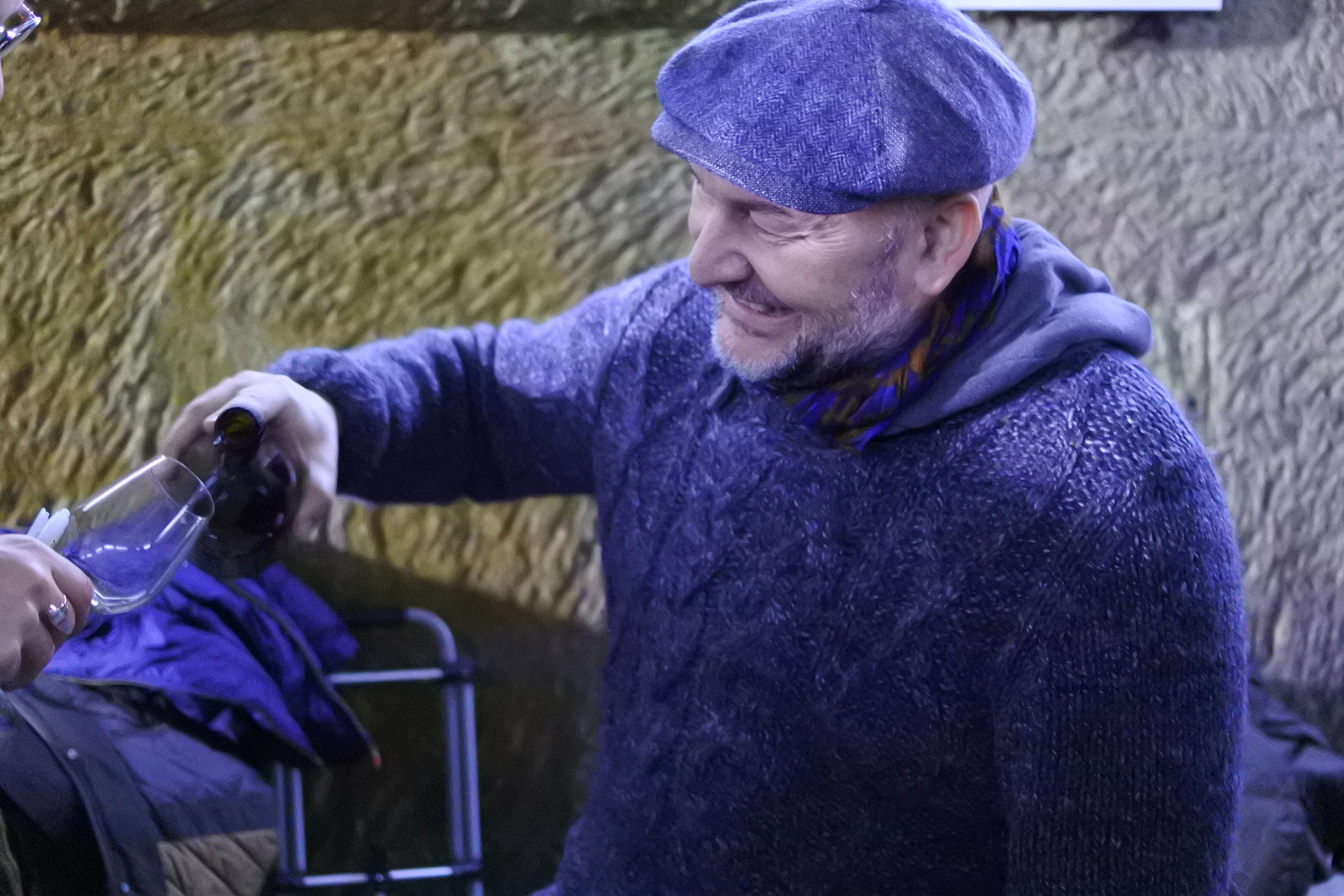
I think of Vincent Laval as the Jolly Green Giant of Champagne: he’s always kind, composed, and friendly; he’s tall as a tree; and he’s deeply passionate about organic viticulture. After sampling his always-wonderful cuvee from Les Cumieres, I was lucky to try a special wine Laval made in 2012 from a plot called Les Longes Violes, with vines of Meunier planted in 1947, and of Pinot Noir planted in 1964 and ’84—never sprayed with chemicals.
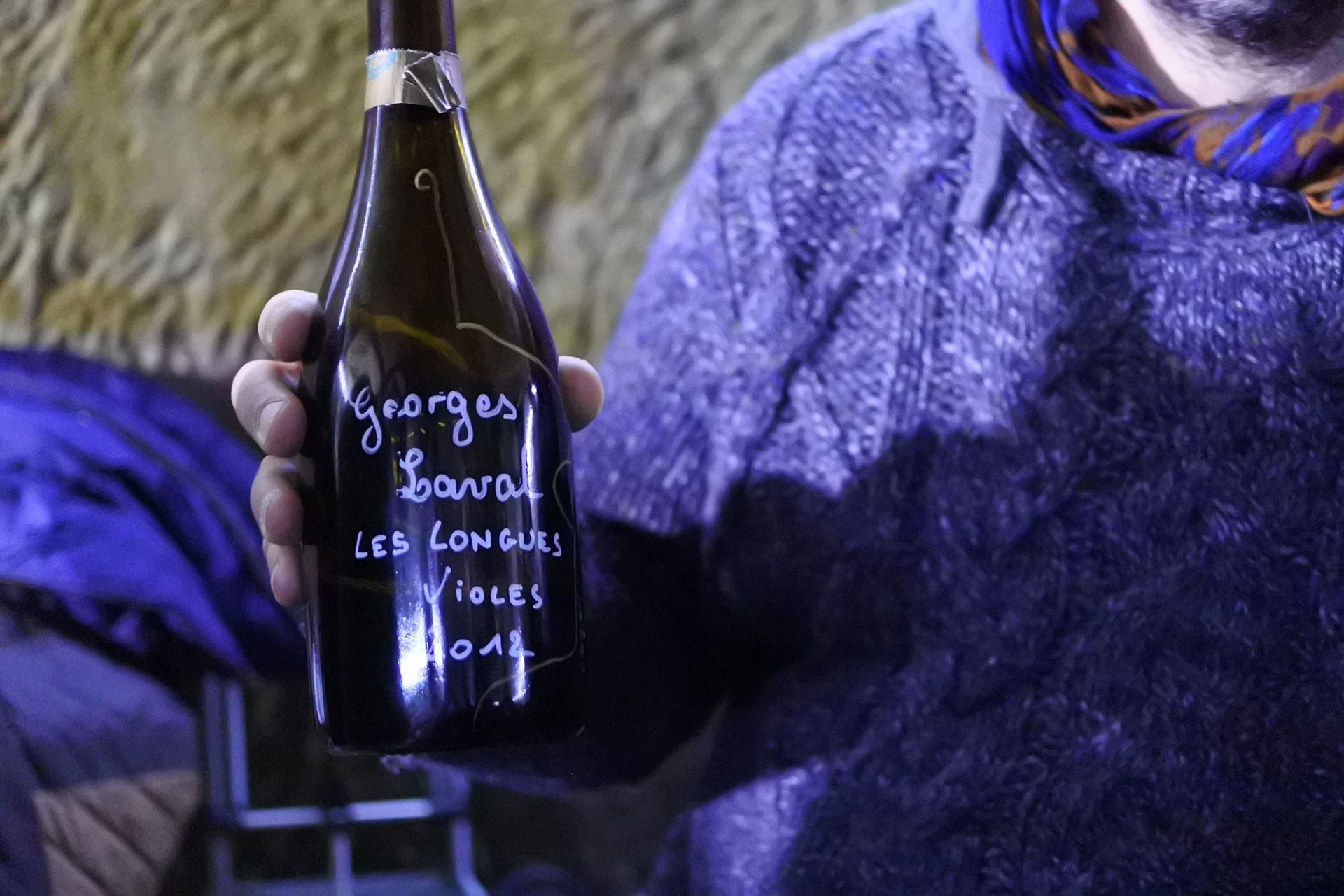
The wine is still young, but good lord, is it beautiful, a picture of elegance with white flowers and lovely acid promising to become a very complex wine as time passes. Only 1,500 bottles were made—get your hands on one and cellar it!
Fabio Gea
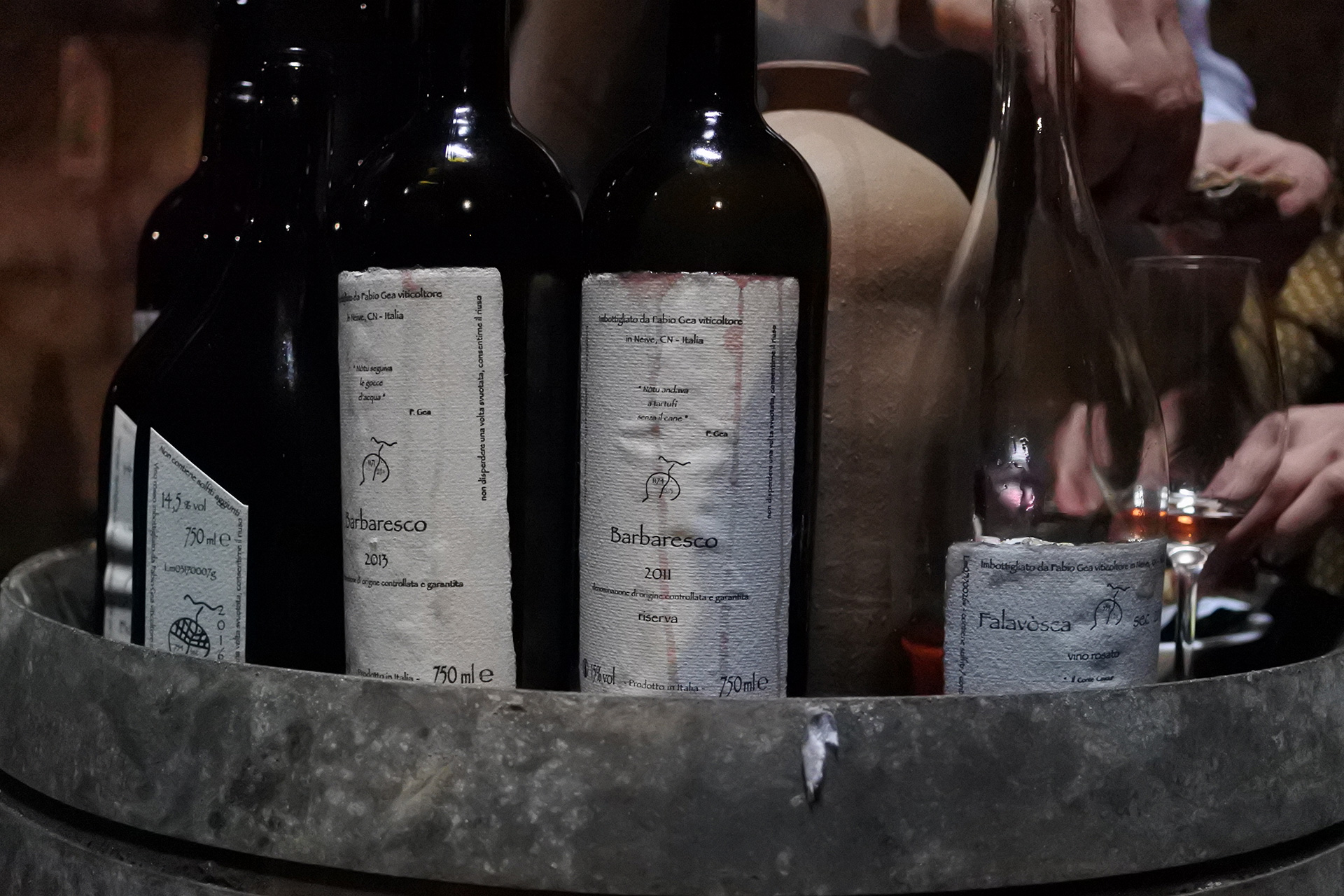
I’d started to see this producer’s Piedmont wines around on Instagram recently, so I checked them out—and found them very intriguing. Fabio Gea, I learned, has a background in geology and he carefully chooses vessels to ferment in based on their energetic properties; sandstone and porcelain are used for many of the wines in his range. From a winery in Barbaresco, Gea produces Gringolino, Barbera, Dolcetto, unclassified Nebbiolo, and Barbaresco wines that hold complexity and purity. I particularly liked the Barbera, and a wine made from Barbera and Nebbiolo blended with a small amount of a wild local grape, aged in glass demi-jean and porcelain egg.
Bichi Wines
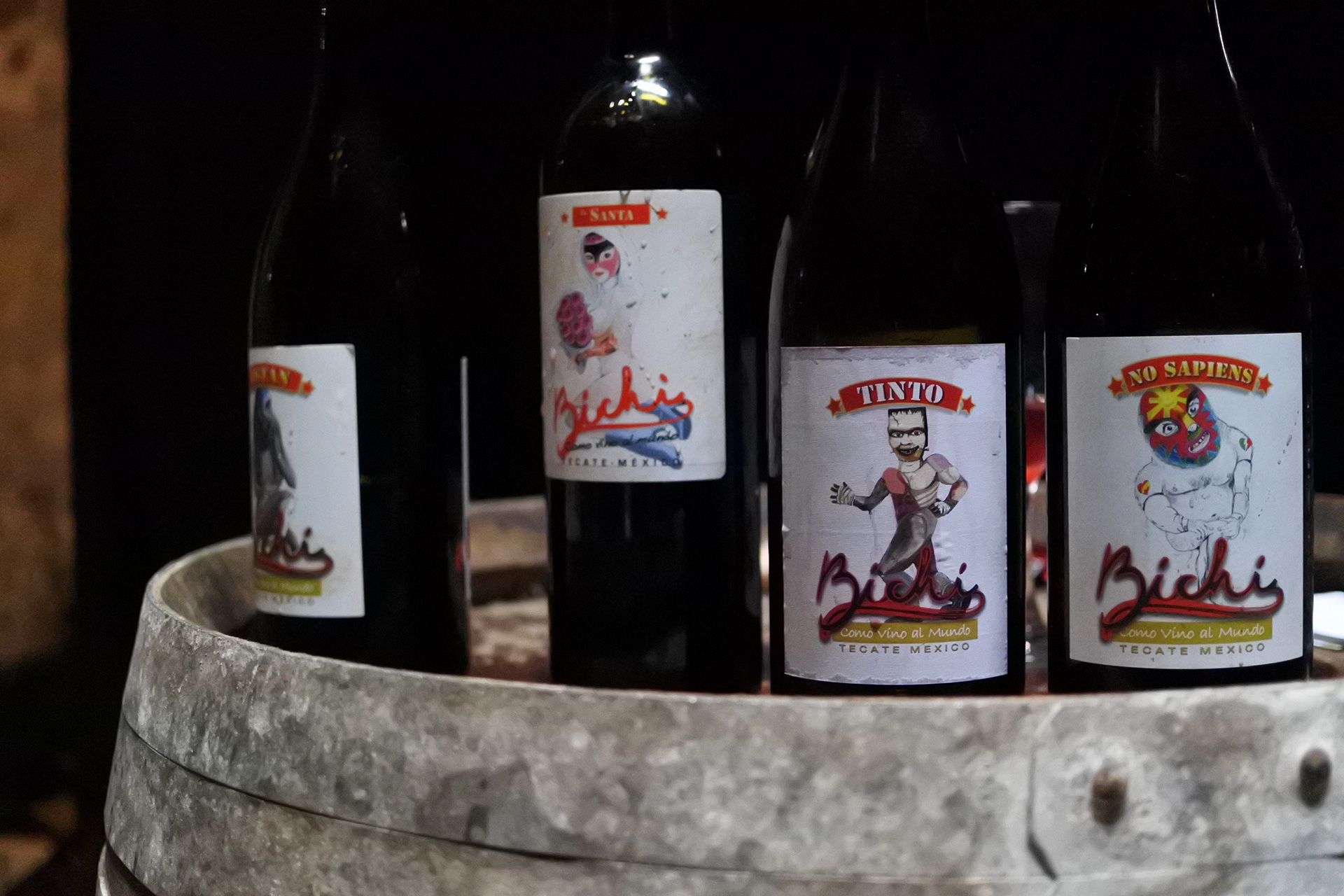
Unsulfured wine made from dry-farmed, organic vines in northern Mexico—it’s as good as it sounds. Bichi is always a pleasure to taste, and my personal jam is the Listan wine. Listan is a red grape, also known as the Mission Grape as it was brought over by Spanish missionaries, and called Fronton de Oro or other names in its homeland, the Canary Islands. The current vintage of Bichi’s Listan is great, full of rich, dark, prune-y fruit, and soft acid matched by even softer tannins. This is some of the only natural wine from Mexico, and it showed quite well amongst revered company at La Dive.
Le Coste
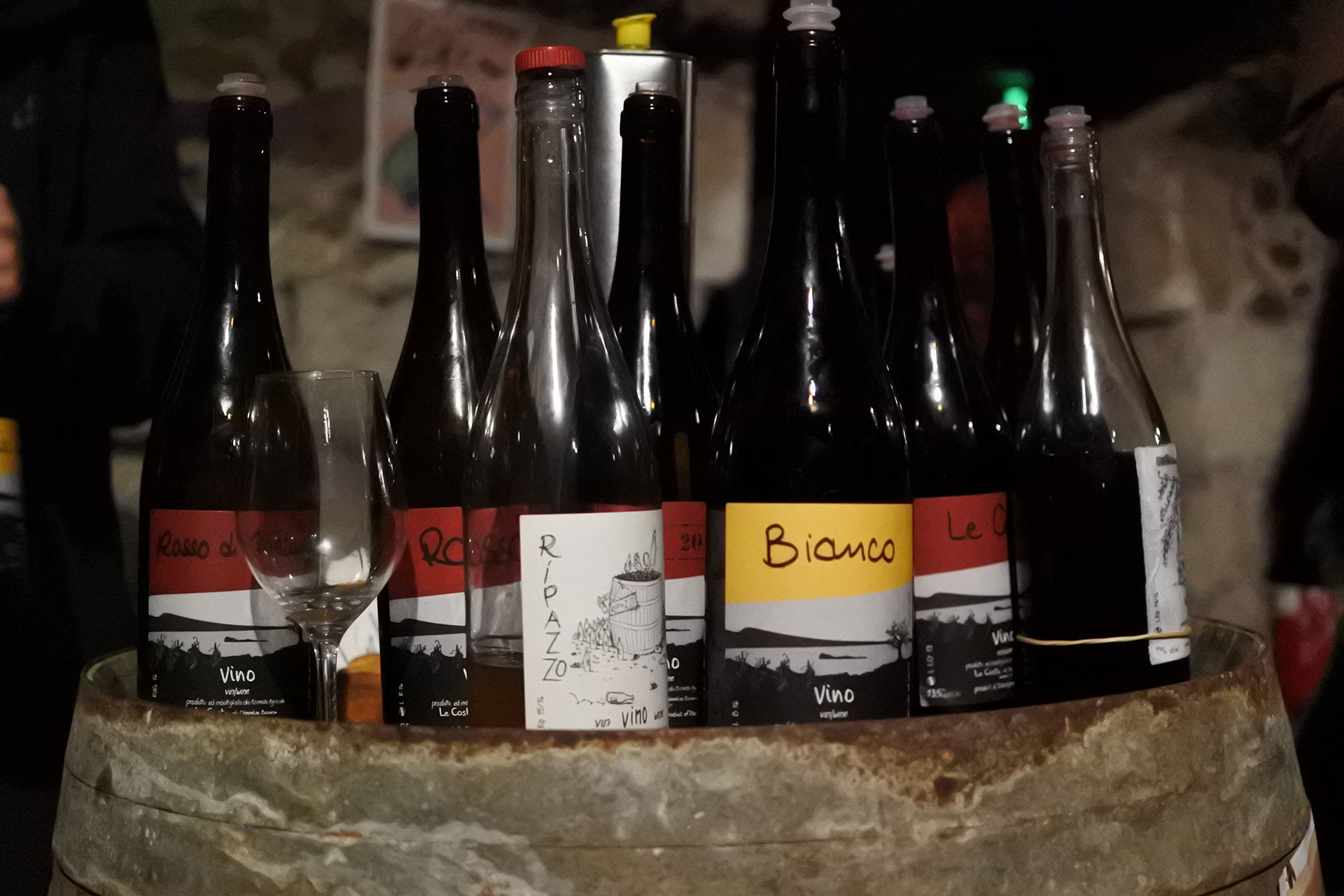
Over the years, I’ve grown really fond of the wild wines from this Italian-French pair working with old vines and indigenous grapes in Lazio, Italy. You may say their wines have volatile acidity, and it’s fair to call them divisive—they aren’t for the people who only like natural wine when it tastes like conventional wine. Although I’m always thrilled to drink the rich, nutty “Bianco” cuvée from Le Coste, made with varying blends of Procanico (a local Trebbiano), Malvasia, and Vermentino, at La Dive I enjoyed discovering the 2016 “Rosso di Gaetano,” a blend of Merlot, Sangiovese, and Syrah with barrel aging, which showed beautiful tobacco notes and a satisfying structure.
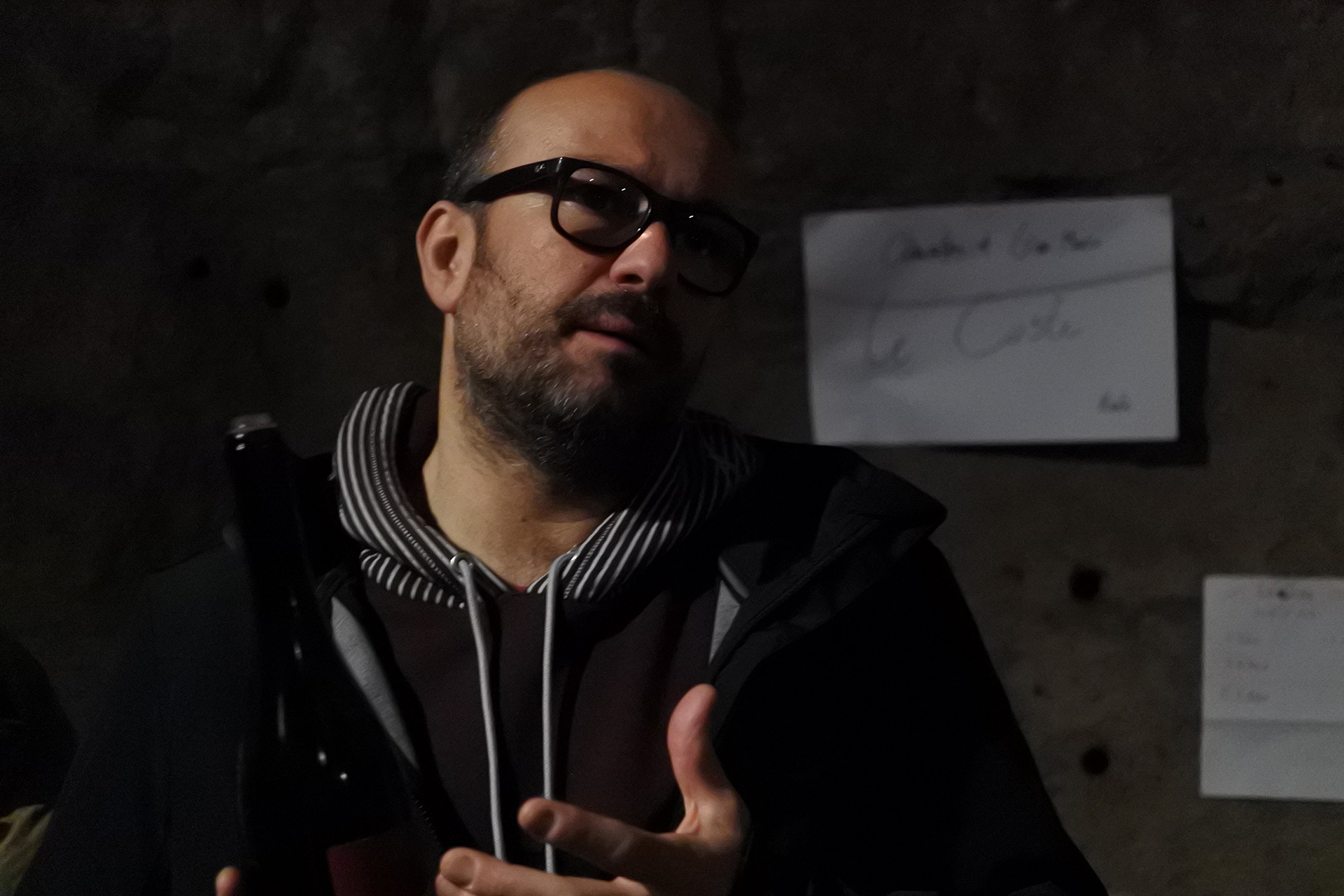
Le Coste’s 2014 wine made from the red grape Aleatico was another stunner: the “Alea Jacta Est” bottling is saline and light in texture, with notes of crushed flowers and uplifting brightness. I tasted with Le Coste at the end of a long day—after sampling around 150 wines—so the fact that these two wines impressed me should mean something.
Jean-Yves Perón
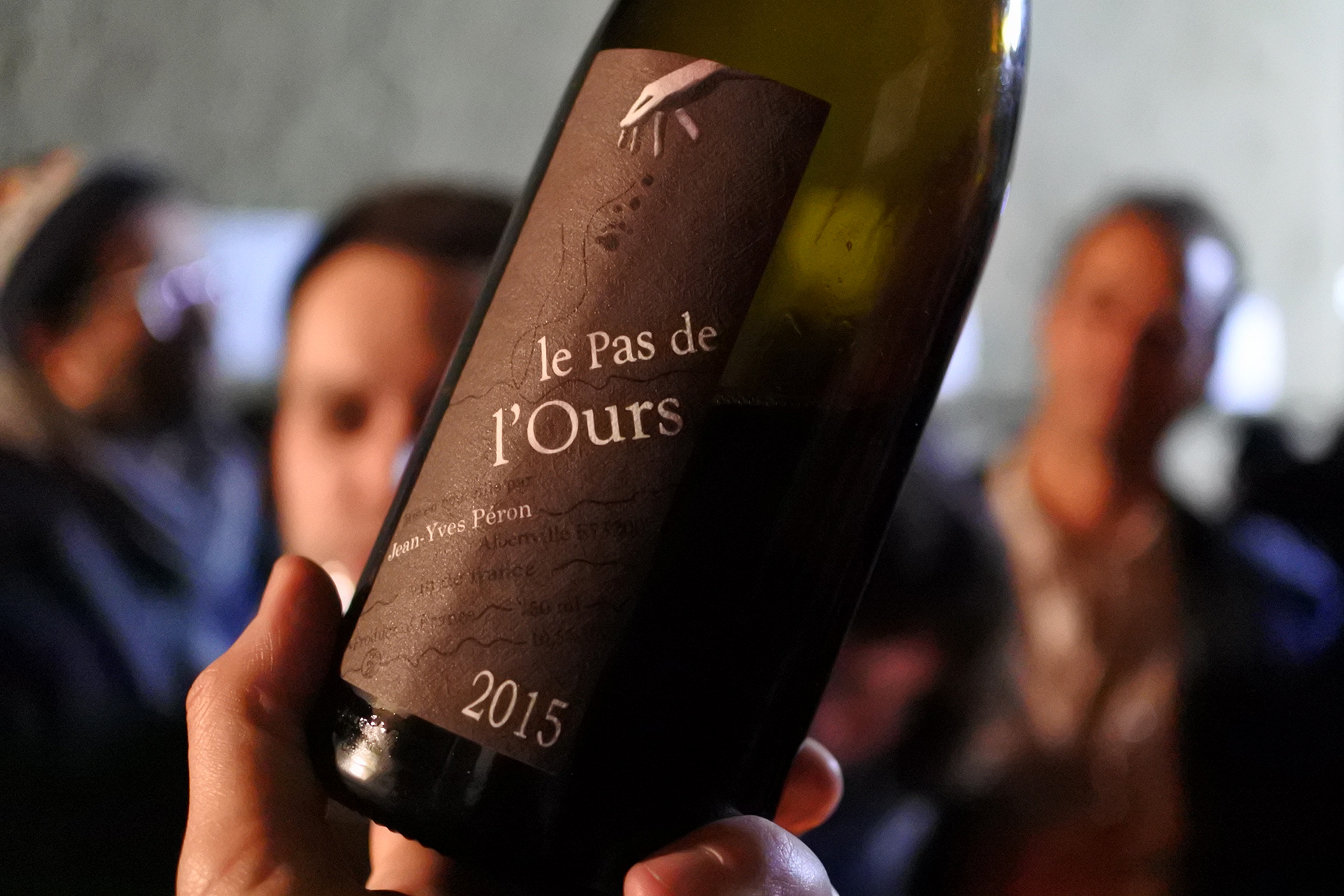
The wines of Jean-Yves Perón in the Savoie are low-alcohol, high-acid wonders that are my go-to when drinking with friends over lunch. Perón makes so many wines and there is no information on the label that I often feel like I am fumbling in the dark when I drink a bottle of his, but so far, it’s never been a miss. At La Dive, I finally got to taste with Perón and learned that he has a lot of négociant wine being released this year due to 2016 being a year of heavy frost damage in the Savoie and therefore very low in grape production. The Alsatian Gewurtztraminer was a lot of fun to drink—full of orange zest and acidity, and with five months of skin contact, as is the hallmark of Perón’s white winemaking.
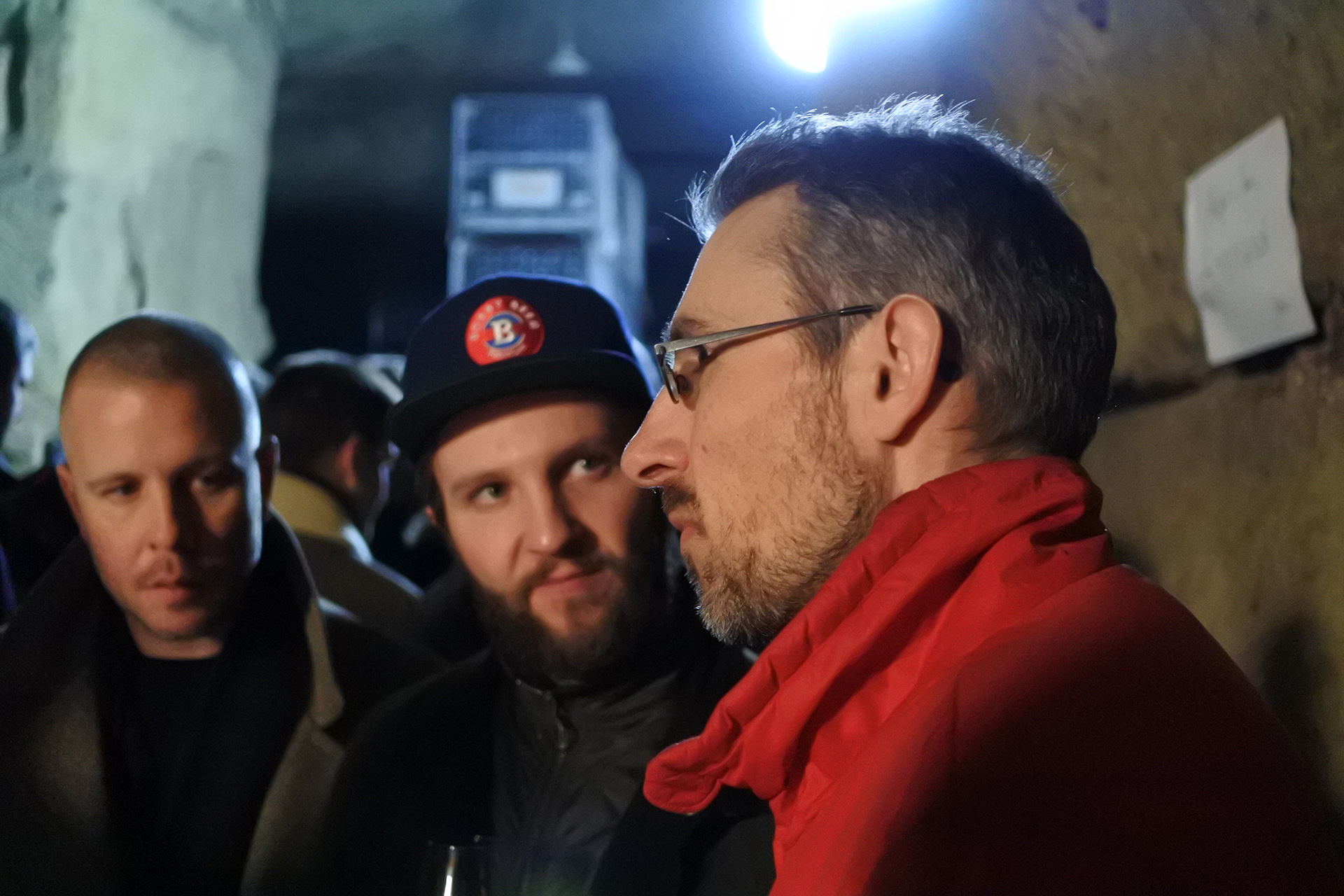
I loved the 2016 “Maison Rouge,” made of Mondeuse (a really special red grape found in the Savoie region) and Gamay, light and racy. The 2014 “Côte Pelée” made of all Mondeuse, should be on your list to try, perhaps alongside meat—it’s a bigger wine with crunchy fruit and tannins. The 2015 “Le Pas de l’Ours,” also made of Mondeuse, was a stunner that you’d want to cellar: tart, with dark fruit notes and toothy tannins, it should develop into an even more complex wine, though it drinks nicely now. The only disappointment here was the 2016 “Champ Levat” Mondeuse, which showed a flabbiness that hopefully could be resolved with bottle aging.
And now, a few favorites from beyond La Dive…
Les Pénitentes
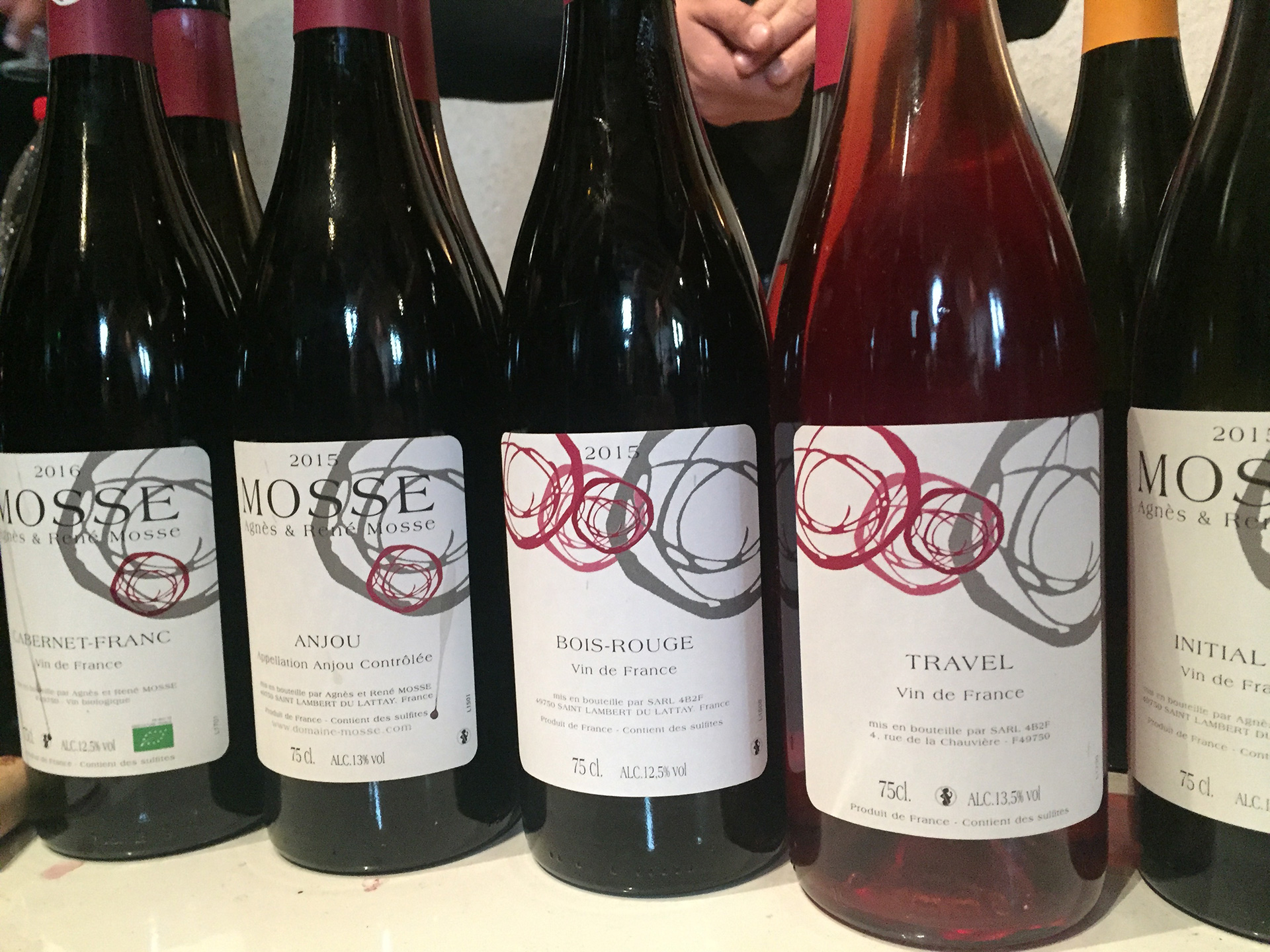
Tasting with Joseph and Sylvestre Mosse of Domaine Mosse evoked fond memories of working the harvest this past September in their Anjou vineyards; as always, their wines are super drinkable and true to the terroir they come from, particularly the nutty-flavored Chenin Blancs. This year, the brothers unveiled a new surprise: a really good, savory, dark pink wine called “Travel,” made with Grenache and Cinsault from the Tavel region of Southern France. One of the Loire’s veteran natural winemakers, Thierry Puzelat, opened a 2010 Pinot for us, which was singing so loudly that you couldn’t hear the haters around the world who say that sans-soufre wines don’t age.
Nicolas Gauthier’s wines (Vini Viti Vinci) from Irancy were another highlight at Les Pénitentes. Occasionally these wines can have a lot of volatile acidity, but in this case every bottle was beautifully alive and balanced. And if I’d been able to make it through the crowd, I would’ve loved to taste with Laurence Manya Krief, aka YoYo, from the Roussillon—I’ve been enjoying the wines in Paris and every time, they are perfect, showing just enough fruit to represent the warm climate they’re from, with elegant acidity.
Les Anonymes & Salon St-Jean
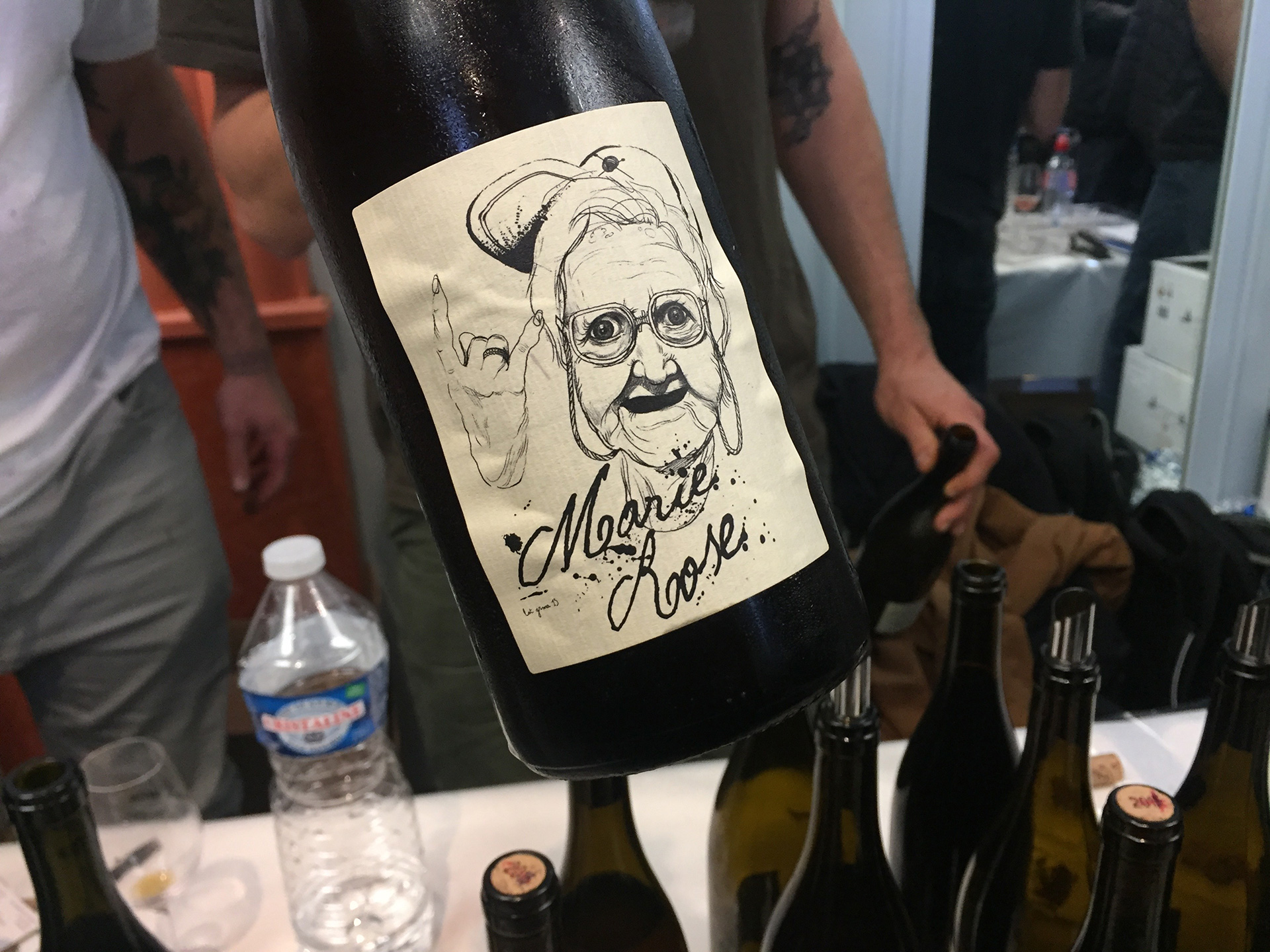
It was worth jostling elbows in a tightly packed room to taste with Julie Balagny of Beaujolais, young Loire Valley rising stars Baptiste Cousin (son of renegade grower Olivier Cousin), François Saint-Lo, and Claus Preisinger who makes inspiring wines in the Burgenland, Austria. I cannot recommend those four winemakers highly enough.
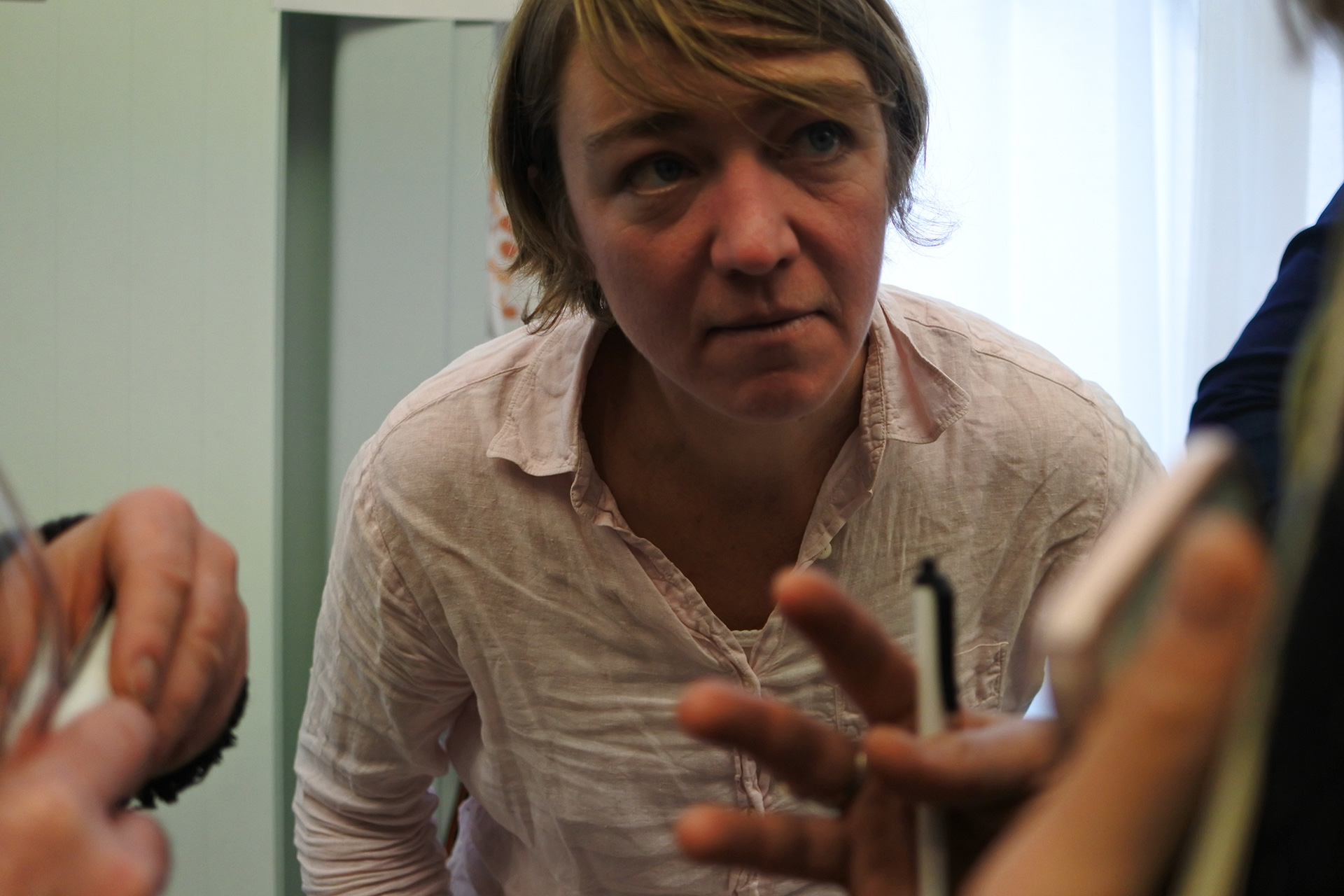
Meanwhile at Salon St-Jean, the sans-soufre cuvée “Nature” from Champagne grower Lelarge-Pugeot made for a perfect start to the day’s tasting. Comprised of 50 percent Meunier, 25 percent Chardonnay, and 25 percent Pinot Noir, and non-dosé (no dosage added after disgorging), it’s a beautifully lifted, pure expression of sparkling wine. Other highlights at this tasting included another Champagne grower I’ve long been fond of: Larmandier-Bernier, the always-delicious Chateau de Beru wines from the thoughtful and talented Athénaïs Beru of Chablis, and the 2011 skin-contact Chenin Blanc from unicorn winemaker (aka microproducer) Xavier Caillard.
Photos for Sprudge Wine courtesy of Edouard Thorens. Additional photos by Rachel Signer.
